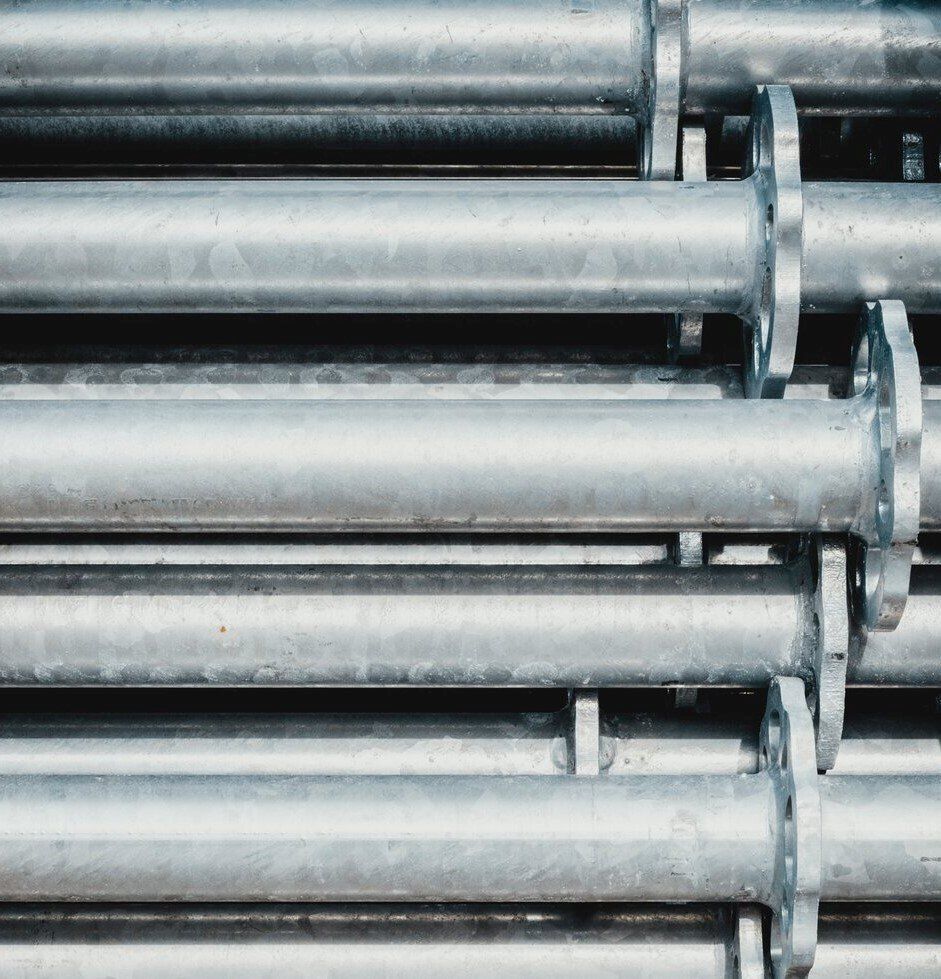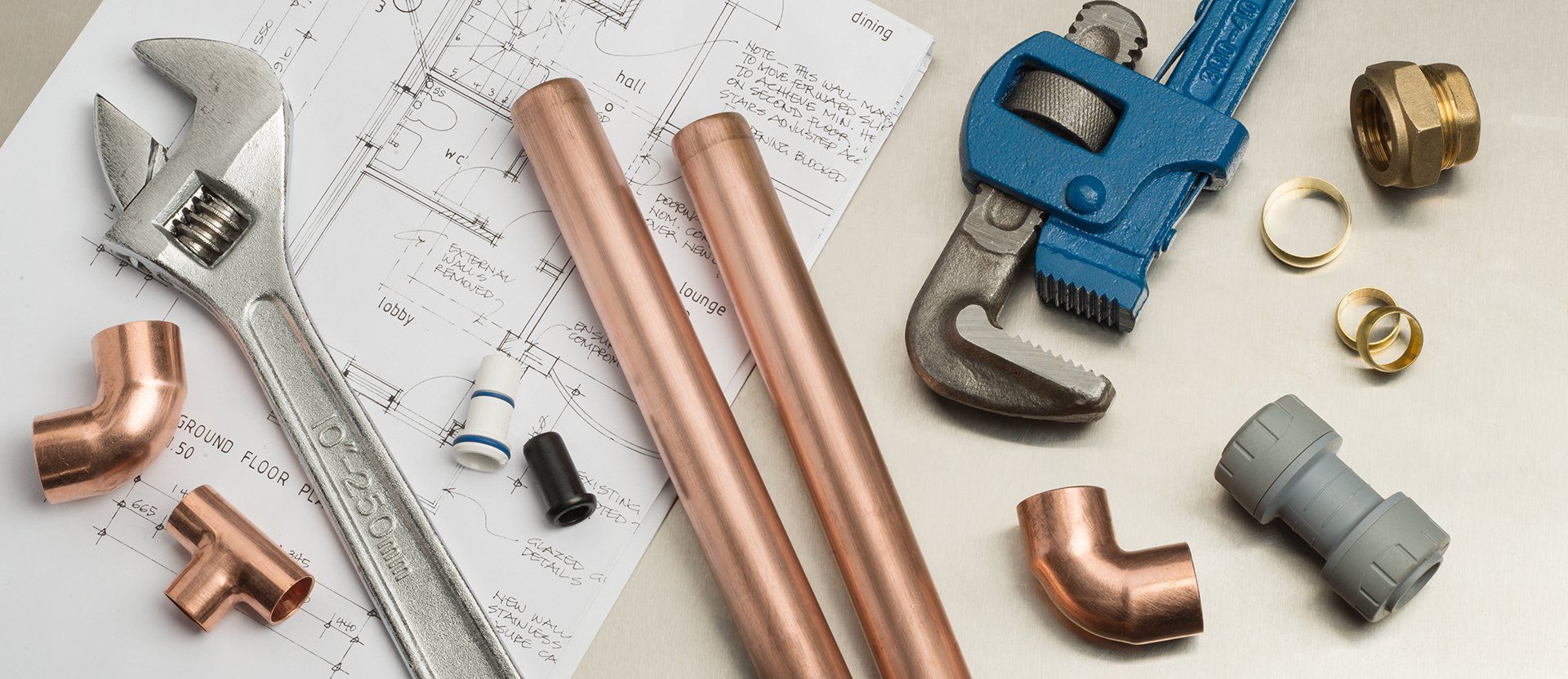Your Guide To Water Heaters
The water heater is a very important appliance within your household…just try taking a hot shower without one! When it comes to water heater issues, everything is not always self-explanatory. The good news is that this article will explain the basics of water heater issues for you. Continue reading to learn some helpful information about water heaters.
Types Of Water Heaters
Basically, there are two types of water heaters: those with tanks (traditional) and those without (tankless). The tanks store several gallons of hot water at a time, so that there is always hot water on the ready. With tankless water heaters, water is heated on demand. This means that when you first turn on the sink or shower, it can take a little longer to get hot water if you have a tankless heater. That being said, there are advantages to purchasing a tankless heater. They have a longer lifespan than the traditional water heater, and they also use a lot less energy (which means lower utility bills for you). If space is an issue, you should know that tankless heaters take up a lot less space. Finally, when the tank in a traditional water heater is depleted, it can take some time to get hot water again. Any large family that takes showers back-to-back in the morning will understand this issue!
Installing A Water Heater
After purchasing a water heater, your next step will be to have the water heater installed in your home. Some people use subcontractors for their water heater installation, but we actually recommend going a different route. Subcontractors can be quite costly, and you end up playing the waiting game. We actually recommend that you work with a plumbing company for your water heater installation. Search online to find an Arlington water heater plumber who can install your water heater for you. Find a licensed plumber who also provides gas fitting services. A master gas fitter will be able to hook your water heater up to the gas lines, whether it is a traditional water heater or a tankless water heater.
What To Do If A Water Heater Breaks
The typical lifespan of a traditional water heater is about fifteen years, while the typical lifespan of a tankless water heater is about twenty years. During that time, you might find that you need to make repairs on your water heater. Again, this is a situation where you would definitely want to call a local plumber to come help you. The sooner you do this the better, as no one wants to live in a house where there is no hot water. If you suspect that there is a problem with your water heater (potential red flags include leakage from the water heater, strange noises coming from the water heater, and a lack of hot water in the home), call a plumber to perform a diagnosis. An experienced plumber should be able to pinpoint the issue in a matter of minutes.
You might also like




